
The PKK is giving up armed struggle, but wants recognition of the Kurdish minority. If Erdoğan accepts, Turkey can save its democracy and resume rapprochement with the EU, and the change in policy would also have regional implications.

Recep Tayyip Erdoğan's efforts to consolidate his power at home, as well as his foreign policy, have led to both the erosion of his regime and the deterioration of Turkey's relations with its traditional partners.

The arrest of the Turkish opposition leader and a series of attacks against Kurdish militants suggest that, for the Erdoğan regime, maintaining power overrides external credibility.

The Trump administration's signals about a US policy toward Moscow, Ukraine, and the EU are causing concern in Russia's neighborhood, from the Black Sea to the Baltic Sea.

Donald Trump's return to the White House has generated fears about his approach to Russia and the conflict in Ukraine, as well as the economic relationship with the European Union. Veridica’s team of contributors has analyzed how Trump’s return to power is seen in Brussels and in Russia's neighboring countries - some of them ex-Soviet or ex-communist states, most of them members of the EU or NATO or with Euro-Atlantic aspirations.

The names floated for the incoming Trump administration suggest that the greater Middle East will remain a focus for Washington. An attention that Iran and Turkey do not like.

From the USA to China and Russia, from India to the Middle East, political leaders are over 70. Can they still make use of their experience to their advantage, or are they unable to adapt and have thus become a source of problems?

President Recep Tayyip Erdoğan's Islamist AKP party sustained a bitter defeat in the local election. Is Turkey heading for a “reset” and the end of the Erdoğan era?

The consolidation of Turkey’s presidential regime, to the detriment of the rule of law and in defiance of Western partners, will generate instability in the Black Sea region and trigger a wave of migrants towards the EU.
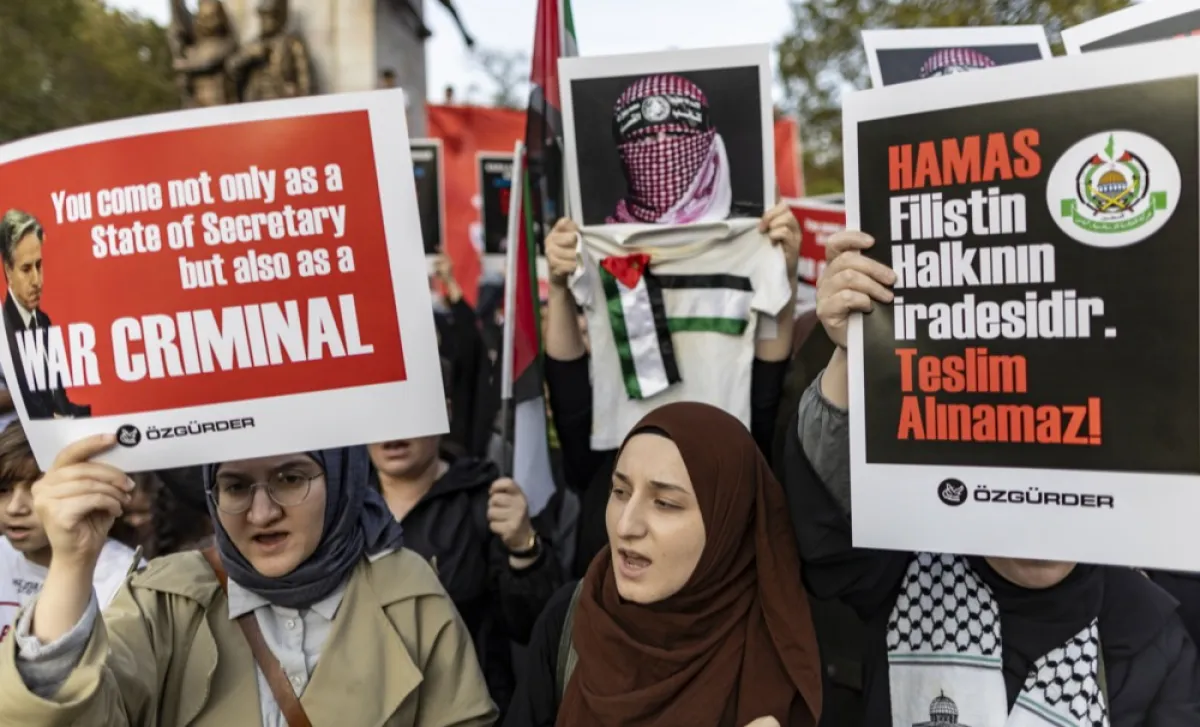
Turkey refused to condemn Hamas’ attack and criticized Israel in hopes of electoral gains for Erdoğan's Islamists. However, Turkey's regional interests will suffer.

A century after its founding, the Turkish Republic is drifting further and further away from the secular values that formed its foundation, while ethno-religious nationalism is gaining ground.

After winning the election, president Erdoğan announced Turkey will stop vetoing Sweden’s NATO accession bid. What prompted this 180-degree shift and what did Turkey get in return?

After the latest elections, Turkey seems determined to continue its combative/aggressive policies, while Greece becomes increasingly important to NATO's south-eastern flank and the EU's energy security.
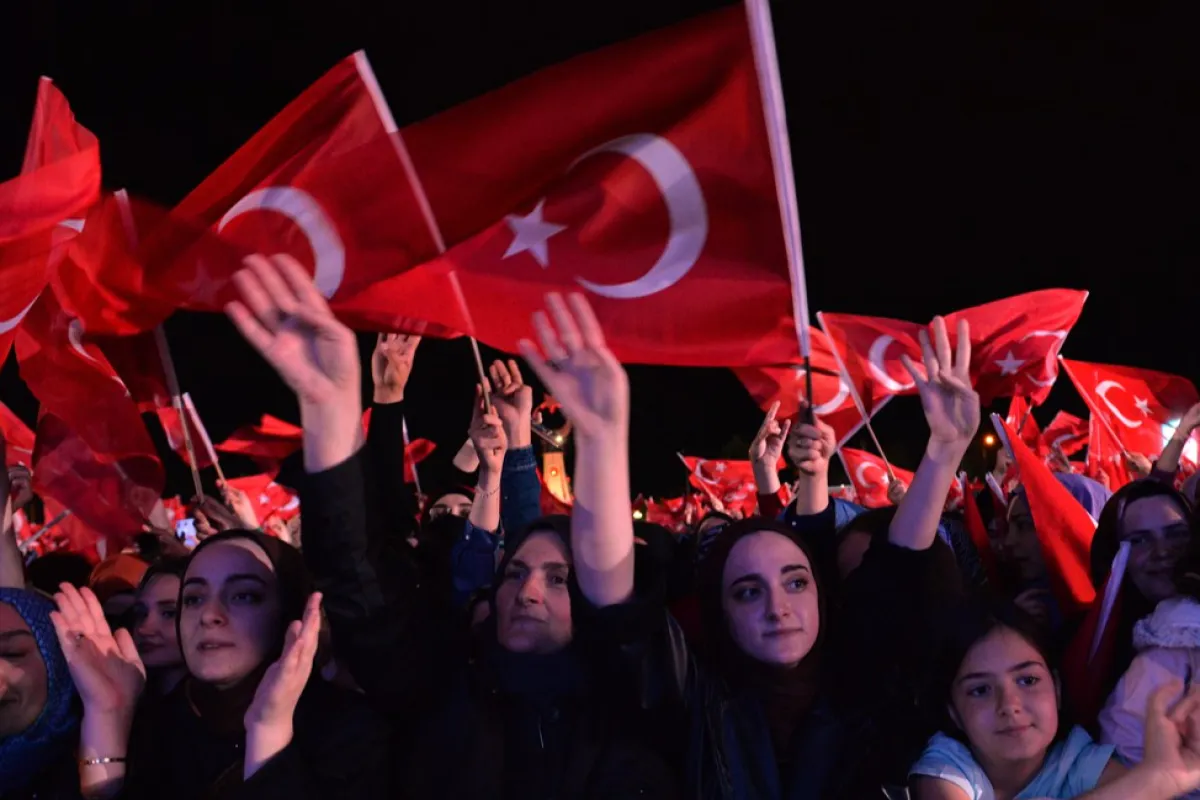
The victory of Erdoğan’s authoritarian and conservative regime is the victory of devout Turks who considered themselves repressed by the secular republican regimes of the last century.

On May 28, Turks will decide whether to consolidate the regime of Recep Tayyip Erdoğan, the strongman of Turkey’s politics who has reigned unchallenged for the last 20 years, or to vote for Kemal Kiliçdaroğlu, seen as Turkey’s “Ghandi”, who fosters a return to old republican values.
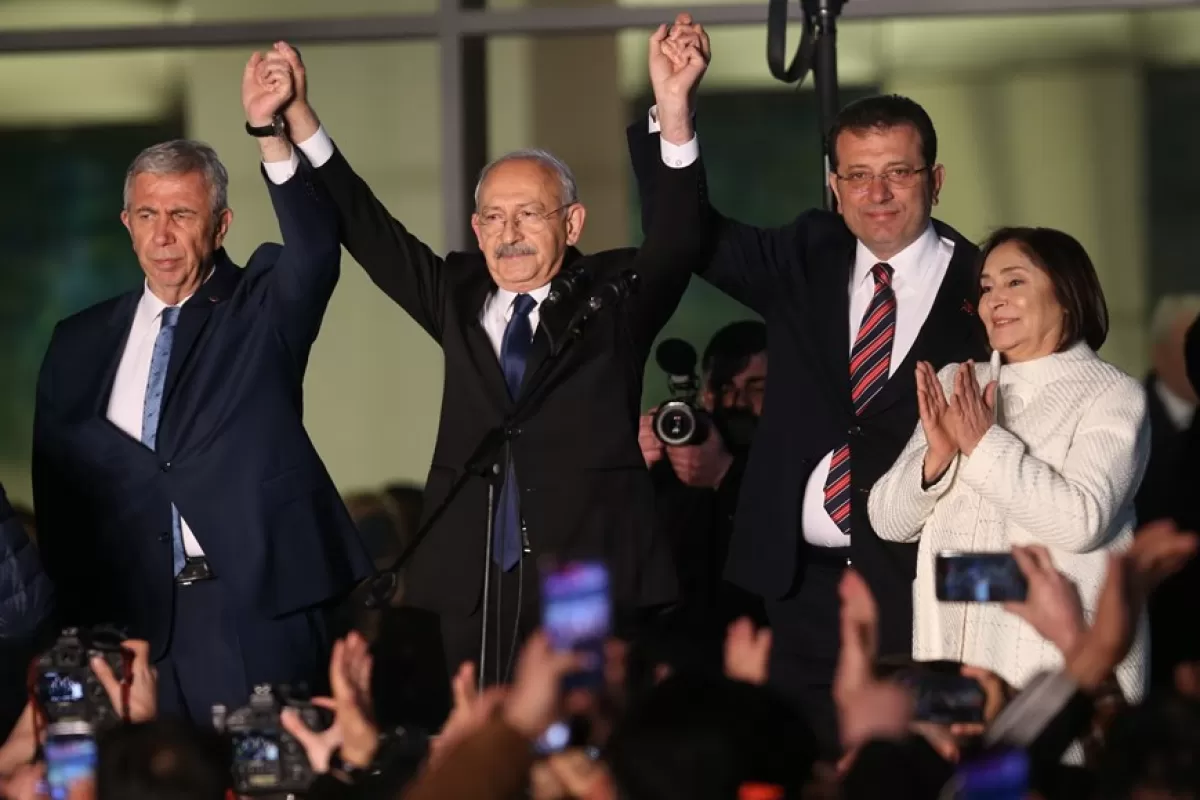
Recep Tayyip Erdoğan and his party, AKP, will face the most difficult elections in the last twenty years. The economic crisis, the February 6 earthquake, the opposition coalition and the possible mobilization of the Kurds diminish Erdoğan's chances of staying in power. The end of the Erdoğan era does not mean that Turkey will become a liberal democracy – but there is a chance that it will

The February 6 quake could deal a heavy blow to the administration led by Recep Tayyip Erdoğan, commonly seen as the man responsible for the disregard of building safety codes. The Turkish president came under heavy criticism for the authorities’ sluggish response to this disaster, which affected primarily the Kurds and the Alevi. The quake might equally exert a heavy toll on Turkey’s foreign policy, considering that Ankara’s traditional enemies have shown solidarity with the Turkish people.
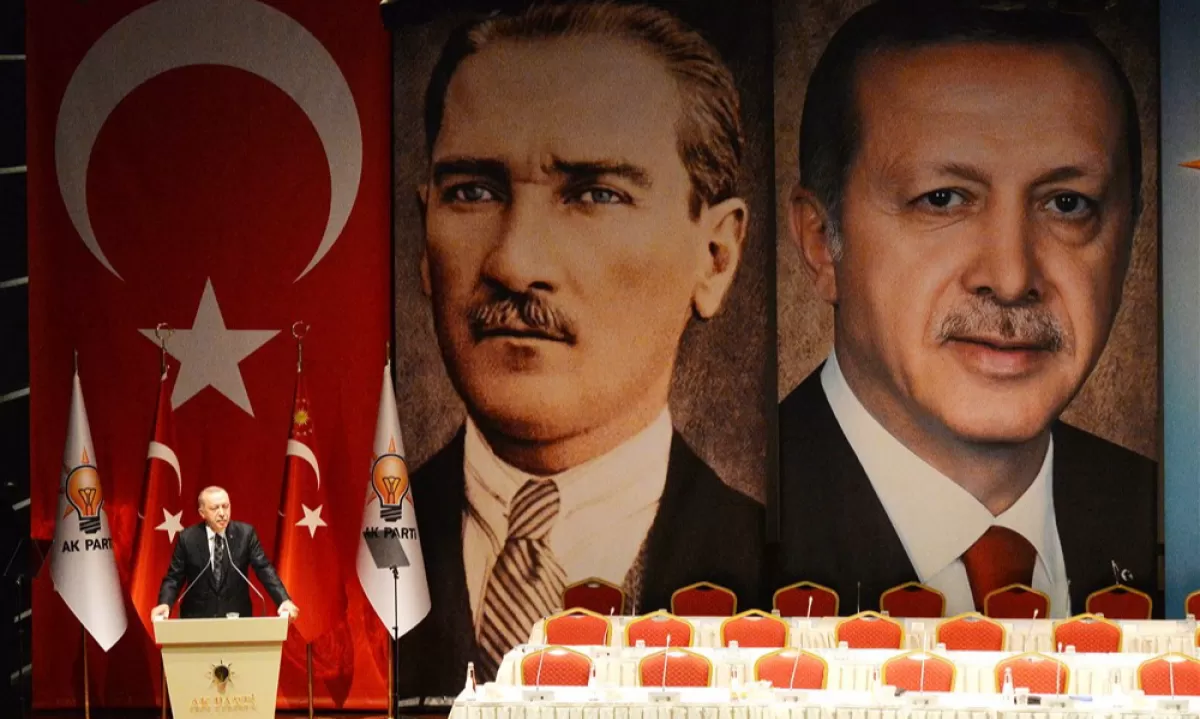
Recep Tayyip Erdoğan is trying to consolidate his regime by jockeying a third term at the helm of the country. The general elections this spring will take place amidst a severe economic crisis. To increase their odds, the Islamists have resorted to electoral handouts and sabotaging the opposition. The elections take place in a very special year: 2023 marks a century since Mustaka Kemal Atatürk proclaimed the republic, a republic which today is facing a full-blown crisis and is drifting further away from the vision of its founder.

Turkey has bombed Kurdish positions in Iraq and Syria in response to the bomb attack in Istanbul, warning this is just the beginning. A wider operation in Syria would help the Erdoğan regime draw attention away from the country’s economic troubles. Besides, it might also be a first step towards solving the refugee crisis. Russia, a country involved in the Syrian conflict, could turn a blind eye to Ankara’s moves because it is interested in exporting natural gas via pipelines transiting Turkey.

In the first half of 2022, Turkey seemed to be trying to tone down its aggressive policies in the Middle East and the Eastern Mediterranean. Yet all these efforts were but a ruse. In fact, Ankara never renounced key elements underlying its aggressive strategy. It has recently actually dialed up its aggression in relations with Tripoli, which can further deteriorate the situation in the Eastern Mediterranean and the Middle East.
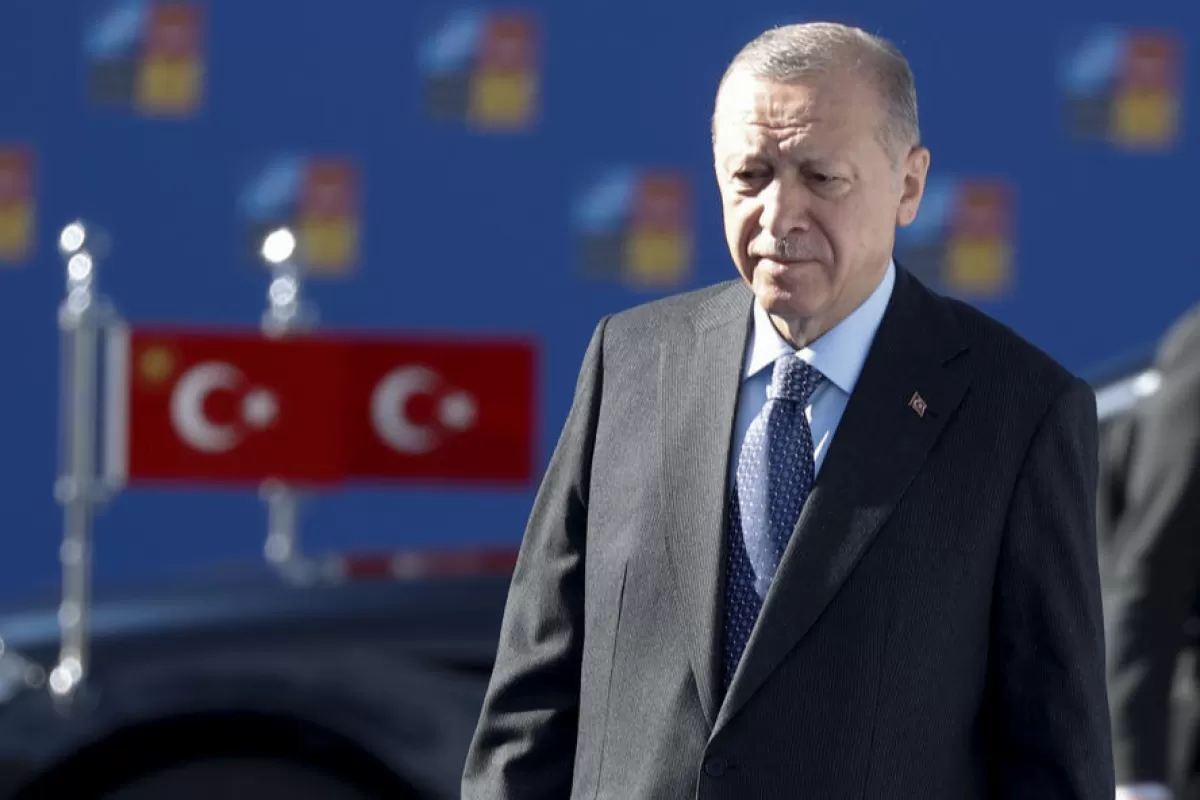
The relationship between Turkey and Greece is once again marked by tension, and Ankara's tough statements have made some observers wonder if this time there will be military confrontations. However, the current crisis seems to be related to the efforts made by the regime in Ankara to divert attention from domestic problems rather than to the old rivalry between the two countries.

Turkey’s threats to veto Sweden and Finland’s NATO accession were interpreted as an attempt to secure certain concessions from the West in the context of economic difficulties at home. The previous policies of the Erdoğan administration – and of post-Ottoman Turkey in general – suggest that Ankara is actually pushing for more: it wants to impose its own agenda and perception over its allies.

More and more international observers wonder if Turkish leaders, Recep Tayyip Erdoğan in particular, are truly capable of implementing a change. There are some signs indicating this might be possible, although the more knowledgeable pundits remain sceptic, claiming that a return to the reformist agenda of the early years of the government’s mandate (2002-2009) is impossible.

Ever since the appearance of the Internet and the advancement of the World Wide Web, in the 1990s, it was generally thought that they would decisively contribute to the global democratisation of information. And this they initially did, the demos all over the world gaining unprecedented access to an immense variety of information in all fields of human thinking and action. However, governments and inter-governmental organisations also entered this digital arena and their first instinct was to try to control it.